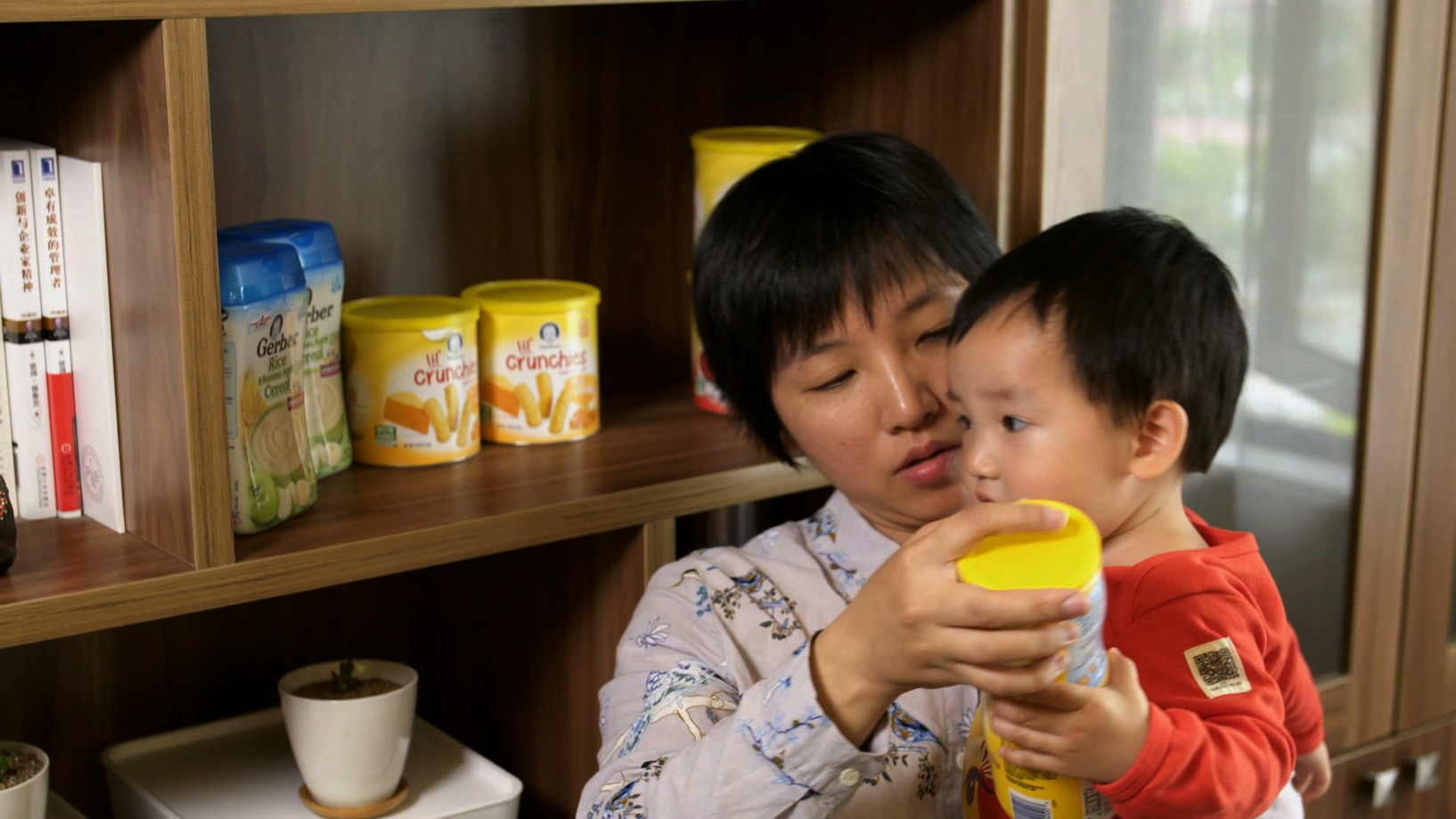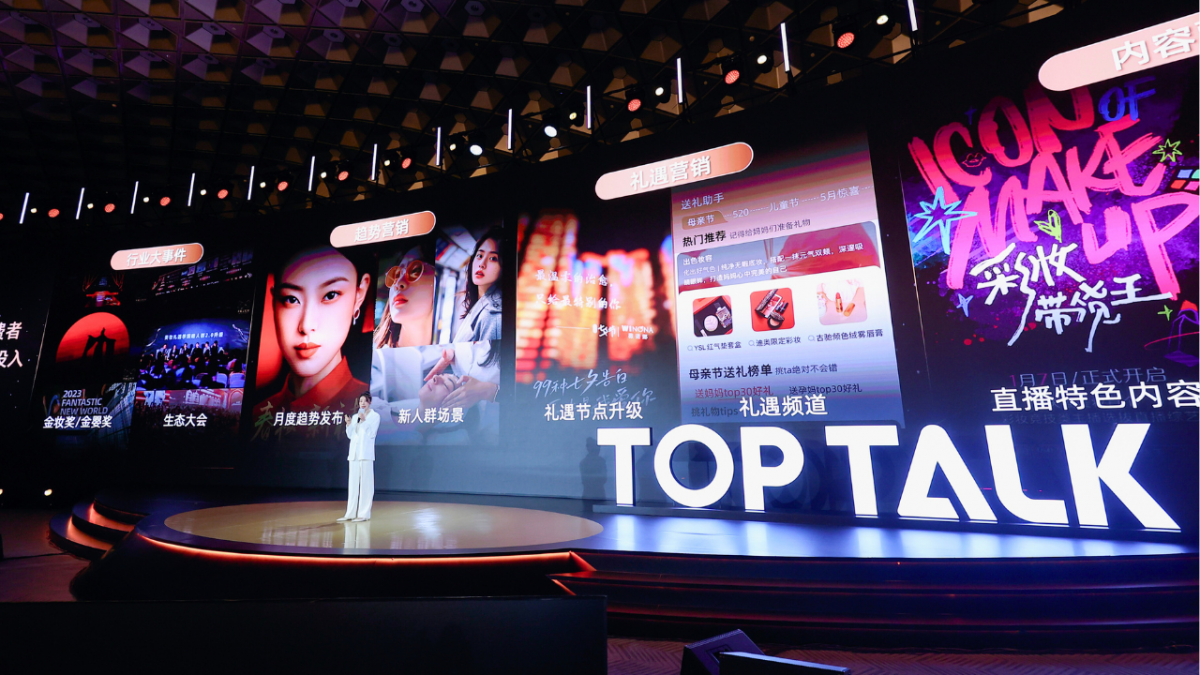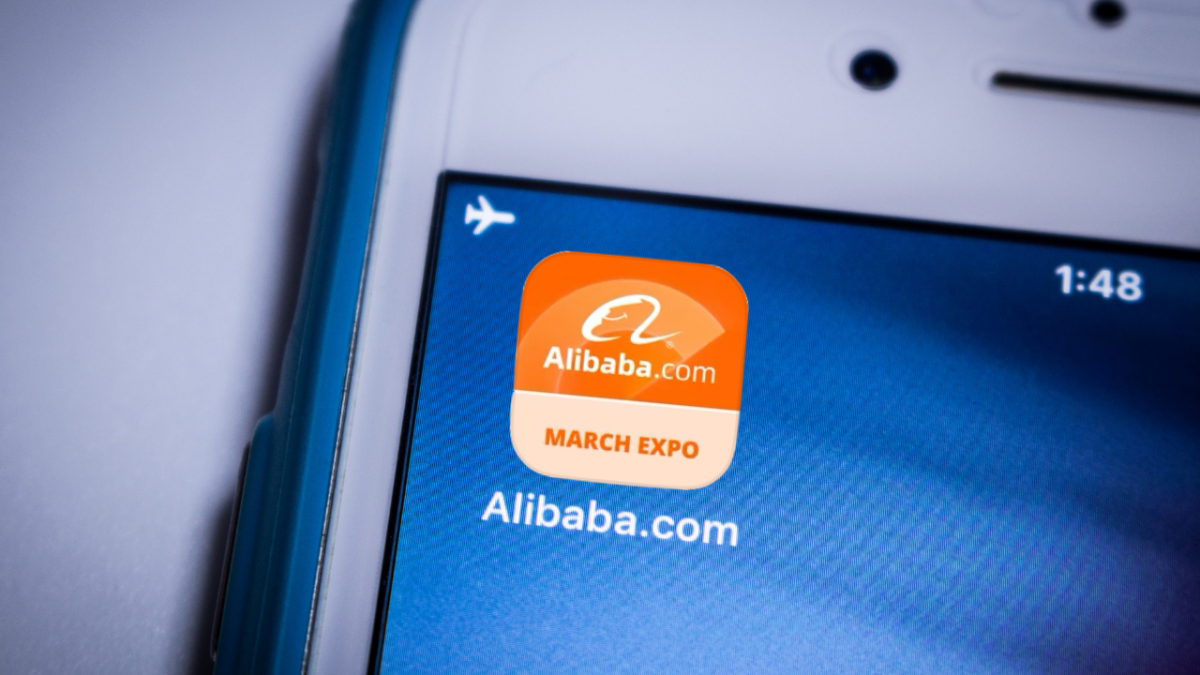
For many global brands, entering the China market is a very conscious and strategic choice. For others, China chooses them.
That was the case for iconic baby-food company Gerber. Chinese distributors had been importing its pureed apples, peaches and peas for sale on Alibaba’s Taobao Marketplace long before Gerber had considered selling into the world’s second-largest economy. But with sales climbing among China’s health-conscious parents, the Nestle-owned company was forced to take notice.
“I don’t think Gerber really identified China as a market,” CEO Bill Partyka says. “I think the Chinese consumer actually identified Gerber.”
Twenty million babies are born in China every year, according to the CEO, making it the world’s largest market for pediatric nutrition. Among the country’s increasingly sophisticated consumer class, new parents are looking for the highest quality baby food they can find. It’s a trend that has only grown since China dropped its one-child policy in 2015. That’s an opportunity for Gerber, which says it sells science-backed, nutrient-dense foods created to support the first two to three years of a child’s life.
Watch how ‘Gerber growers’ in the U.S. are helping to feed babies in China.
Also, as cross-border e-commerce took off in China, a door opened for international brands such as Gerber because they are perceived as safer and of higher quality than the products Chinese consumers can find at home. The distributors on Taobao, with their fingers on the pulse of the domestic market, were the first to sense this opportunity. Once Gerber saw the demand, Partyka says he realized “we need to take responsibility for developing that business.”
Enter Tmall Global, Alibaba’s dedicated cross-border e-commerce site for foreign companies that want to sell into China.
The site allows those companies to access the China market more easily—and more cost efficiently—than if they had established a physical presence there. Already, brands such as Macy’s, Ocean Spray and GNC have opened flagship stores on Tmall Global in order to tap the surge in Chinese consumption. At the same time, Alibaba’s rigorous vetting procedure for those brands guarantees the integrity of the commerce taking place on the site. That guarantee means customers are more likely to shop there.
For Gerber, a platform that supported brands as well as customers was essential for formalizing its e-commerce business in China.
“We weren’t looking for somebody that could just manage transactions for us,” Partyka says of Tmall Global. “We wanted a strategic partner that we know that we would be together [with] for the long term.”
China is a complex market, however, and the process of launching on Tmall Global and marketing to Chinese consumers can be daunting for any company first entering the country. As Gerber International Business head Magnus Cariaga notes, “China is too big and changing too fast to know everything about everything.” Especially when it comes to the “high-growth and extremely dynamic environment” of e-commerce, he says.
To help brands, an entire industry of third-party consultants called Tmall Partners has sprung up to guide brands through the process. Many of these TPs were launched by and employ former Alibaba staff, making them experts in Tmall Global’s inner workings as well as China and giving them an advantage over competitors.
“Even though Gerber could have done this by ourselves, it would have taken us a much longer time and resources to build up and properly maintain this level of expertise,” Cariaga says. “And we know that in China, speed is critical.”
With this foundation in place, Gerber can continue to focus on its main value proposition: delivering farm-sourced, nutritious baby food to its customers. The ingredients are grown and the products produced in Fremont, Michigan, where Gerber first started 90 years ago. (Swiss conglomerate Nestle bought the company in 2007.) Generations of the same families of farmers in Fremont have grown the carrots, sweet potatoes, spinach and other vegetables and fruits that go into the company’s meals and juices. The farming process is so important that Gerber is constantly testing the soil and evaluating the types of seeds being used. The company has gone so far as to rate the farmers on a scorecard to make sure they are in line with Gerber’s high standards.
“We will agree on when and how we’re going to harvest that product and how we’re going to transport it into our kitchens to develop the highest quality of nutrition for babies,” Partyka says.
The nutrition is driven by science. The company has been a part of the “Feeding Infant and Toddler Study” for 15 years, tracking the eating habits of tens of thousands of children to determine the most ideal nutritional profiles for its foods. A similar study was done in China as well.
All of this, including the launch on Tmall Global, serves to differentiate Gerber in a highly competitive market. And it does so at a premium price point.
“If the product’s high quality and it’s authentic and it’s being sold in the right commerce platform,” Partyka says, “they tend to trade at a significant premium to the marketplace because the consumers know that that’s the only place they can get the highest quality of nutrition for their babies.”
The Chinese consumers buying Gerber products currently live in the country’s major cities, such as Beijing, Shanghai and Guangzhou, but Partyka sees an opportunity to expand into the rural countryside. With China’s rural consumers on track to be one of the main drivers of the next phase of consumption growth, it’s clearly a demographic that could benefit companies such as Gerber selling into China.
“The US has always been thought of as the largest nutritionals market [around] the globe,” Partyka says. “But I’m smart enough to look into the future, and I can tell you in the next five or six years China will be the largest market.”




